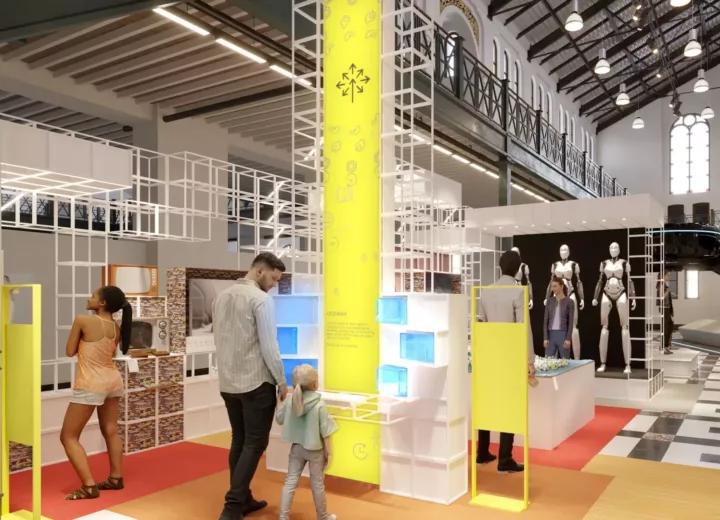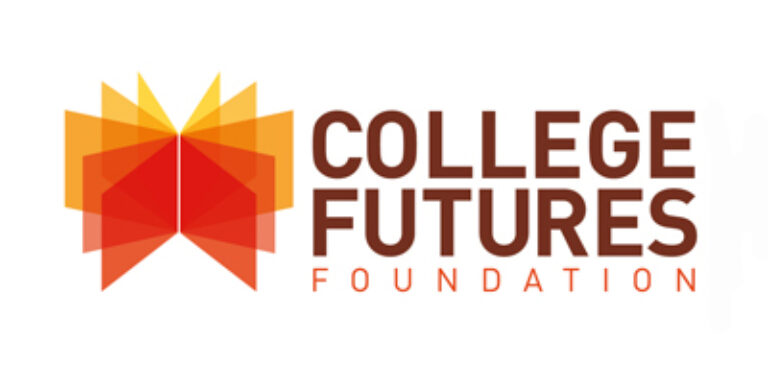Institute for the Future unveiled a vision for a possible new educational model that calls for a wholesale reimagining of higher education and its role within regional systems to improve social mobility and equity for all of California’s citizens. This vision is based on research conducted by IFTF that centered on the three biggest challenges that stand in the way of an equitable and accessible higher education system: (1) unequal starting points and resources with which students enter college; (2) a fragmented and often non-student-centric college system that is difficult for students to navigate and achieve timely degree completion; and (3) the larger economy graduates face that offers many, particularly BIPOC students, limited opportunities for upward mobility.
The report includes findings from a series of ethnographic interviews with students throughout California, interviews and workshops with students, experts, and innovators in higher education and related fields, and a look at relevant historical data and future trends. Findings point to a complex interplay between higher education and the larger economy and society. Who goes to college, what experiences students have while in college, whether they successfully complete their degrees, and what their post-college socio-economic outcomes look like, are all products of many factors. This is why achieving the goals of equity, accessibility, and socio-economic mobility requires integrated action along the entire pre- to post-college continuum.
Findings also point to the importance of a regional approach to higher education. At the core of a successful regional approach is the creation of a strong social compact—an agreement and commitment on the part of leaders of key institutions and constituencies from education, government, business, labor, arts and culture, and others about desired shared goals and pathways for achieving those goals. The key components of an integrated mission-driven approach to achieving equity and economic mobility at the regional level include: (1) Broad-based agreement and commitment to achieving equity and social mobility for all students in the region; (2) Governance structure that bridges existing silos across educational institutions and workforce development, industry, and policy organizations; (3) Measurement and accountability—setting specific short-and long-term (10 year and beyond) criteria for their accomplishment; (4) Funding and incentives—creating a budget allocation mechanism for federal, state, and local funding that is focused on fulfillment of articulated integrated goals rather than allocating funding to individual institutions or providing additional rewards to institutions on the basis of achieving integrated goals; and (5) People-centric policies—direct participation and inclusion of people who are most affected, i.e., BIPOC and first-generation students and families, in the design and implementation of integrated solutions.
The report centers a new type university—the “Climate Grant Multiversity”—a place-based educational institution that serves as the engine for community wealth creation, as well as a new model for regional sustainability. This multiversity is so much more than a college—it’s a community, a place of learning and acquiring new skills, a place to raise a family and engage in civic life. It is a place that is deeply rooted in regional history and assets, while also fostering deep and lasting connections to the region. This vision of a new university poses new questions such as: how can all students afford and access higher education in California no matter their starting points, how can colleges become more student-centric so that they meet the learning and personal needs of unique individuals, and how can higher education ensure economic security for students and lift local communities at the same time?





